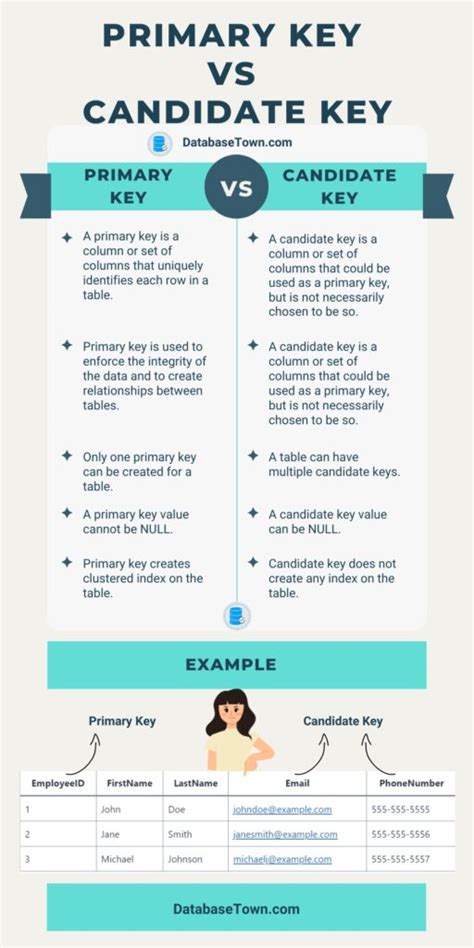The terms "applicant" and "candidate" are often used interchangeably in the context of job searching and hiring processes. However, there are distinct differences between the two terms, and understanding these differences can help individuals navigate the job market more effectively.
In the realm of job searching, it's essential to recognize the differences between an applicant and a candidate. This distinction can impact how you approach your job search, interact with potential employers, and ultimately, land your desired role.

Here are five key differences between an applicant and a candidate:
1. Definition and Context
An applicant is an individual who has submitted an application for a job opening, usually in response to a job posting or advertisement. This person has taken the first step in the hiring process by providing their resume, cover letter, and other required documents.
On the other hand, a candidate is an individual who has been selected to move forward in the hiring process, typically after an initial screening or review of their application. A candidate is someone who has been deemed qualified for the position and is being considered for an interview or further evaluation.
Key Takeaway:
Being an applicant is the first step in the hiring process, while being a candidate indicates that you have been shortlisted for further consideration.

2. Level of Competition
As an applicant, you are part of a larger pool of individuals who have applied for the same job opening. This pool can be quite large, and the competition can be fierce.
As a candidate, you have already been screened and selected to move forward in the process. At this stage, the competition is narrower, and you are now competing against a smaller group of qualified individuals.
Key Takeaway:
As an applicant, you face a larger pool of competition, while as a candidate, you have already been shortlisted and are competing against a smaller group of qualified individuals.

3. Employer Engagement
As an applicant, you may not have direct communication with the employer or hiring manager. Your application may be screened by a recruitment agency or HR representative, and you may not receive feedback or updates on the status of your application.
As a candidate, you can expect more direct engagement with the employer or hiring manager. You may be contacted for an interview, and you may receive feedback on your application and performance during the hiring process.
Key Takeaway:
As an applicant, you may not have direct communication with the employer, while as a candidate, you can expect more direct engagement and feedback.

4. Time and Effort Invested
As an applicant, you have invested time and effort into submitting your application, but you may not have invested much more than that.
As a candidate, you have likely invested more time and effort into the hiring process. You may have prepared for interviews, researched the company, and tailored your application materials to the specific job opening.
Key Takeaway:
As an applicant, you have invested minimal time and effort, while as a candidate, you have invested more time and effort into the hiring process.

5. Outcome and Next Steps
As an applicant, the outcome of your application is uncertain, and you may not receive feedback or updates on the status of your application.
As a candidate, the outcome of your application is more certain, and you can expect to receive feedback and updates on the status of your application. If you are selected for the position, you can expect to receive a job offer and begin the onboarding process.
Key Takeaway:
As an applicant, the outcome is uncertain, while as a candidate, the outcome is more certain, and you can expect to receive feedback and updates.

In conclusion, understanding the differences between an applicant and a candidate can help you navigate the job market more effectively. By recognizing these differences, you can tailor your approach to job searching, prepare for interviews, and increase your chances of landing your desired role.
Now that you know the differences between an applicant and a candidate, it's time to take action. Share your thoughts on the job searching process, and let's discuss how to increase your chances of becoming a candidate for your dream job.





What is the difference between an applicant and a candidate?
+An applicant is an individual who has submitted an application for a job opening, while a candidate is an individual who has been selected to move forward in the hiring process.
How can I increase my chances of becoming a candidate?
+You can increase your chances of becoming a candidate by tailoring your application materials to the specific job opening, preparing for interviews, and networking with professionals in your industry.
What is the outcome of being a candidate?
+As a candidate, the outcome is more certain, and you can expect to receive feedback and updates on the status of your application. If you are selected for the position, you can expect to receive a job offer and begin the onboarding process.
